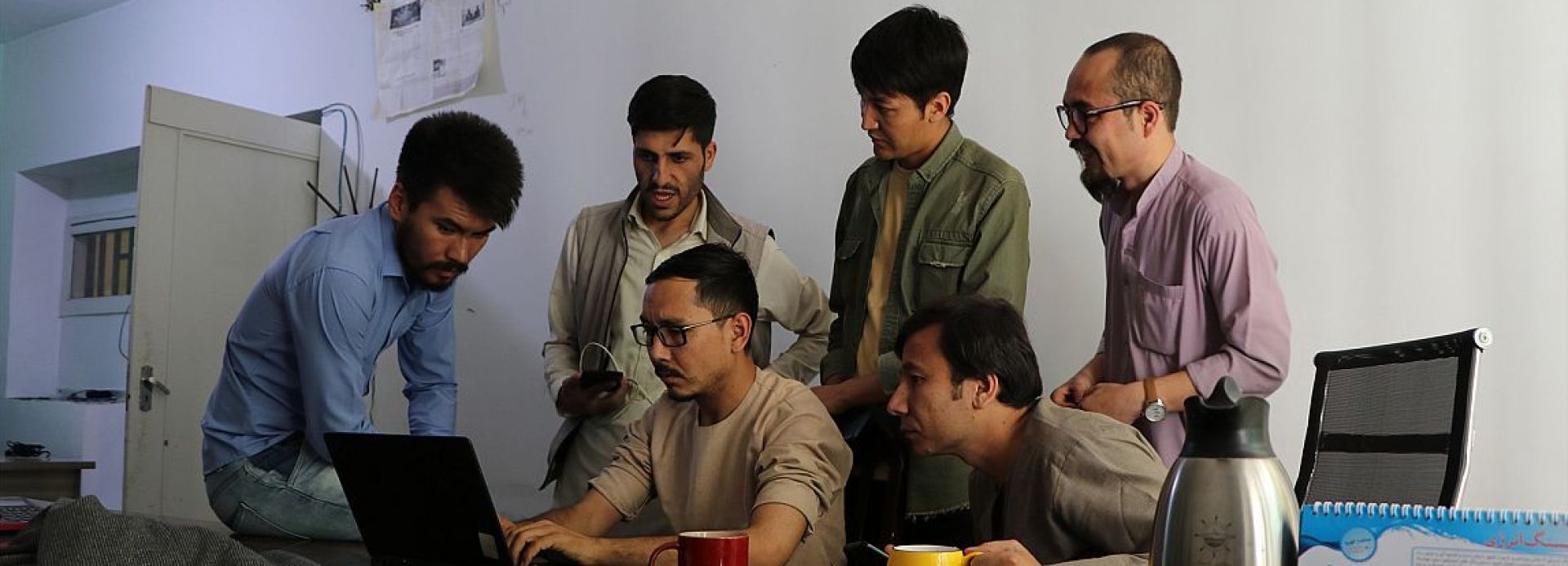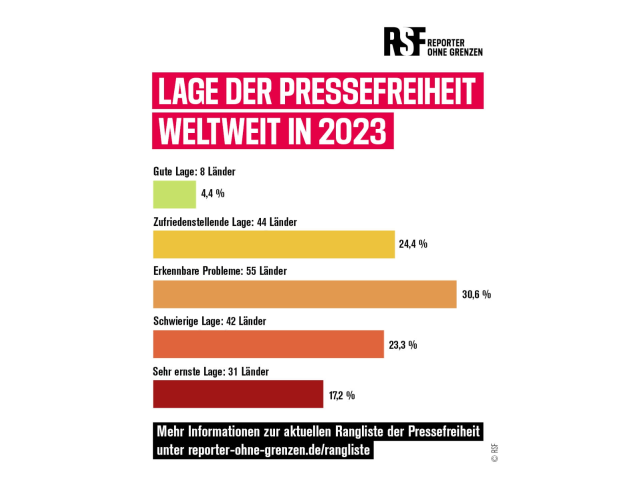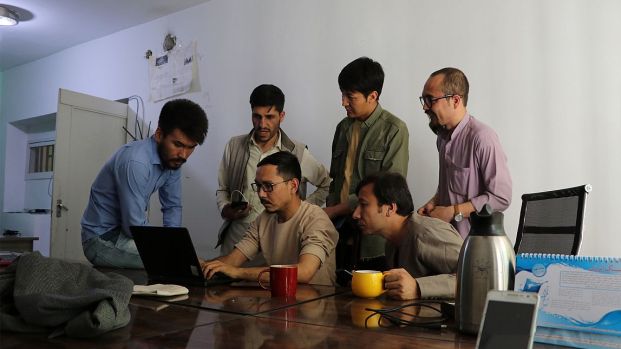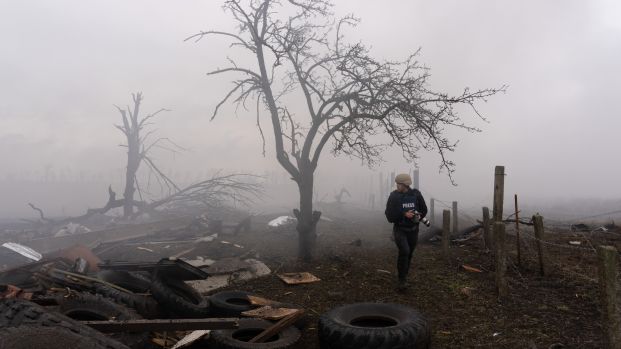
The importance of the work being done by independent journalists can be measured by the number of their enemies: critical reporting has rarely been as dangerous as it is today.
What is the state of press freedom worldwide?
Many governments, political parties and companies are trying to prevent critical reporting, in Germany and across the globe. The working conditions for media professionals are problematic in roughly seventy per cent of countries around the world. The security situation is one of the main causes for concern: apart from wars like the one in Ukraine, the most dangerous work for journalists is investigating corruption and organised crime. Disinformation is also a growing problem, from Russian state propaganda on TV channels like RT and Perwy Kanal to ‘electronic flies’, the Saudi and Algerian troll armies on Twitter.
What is the best place for journalists to work and what is the worst?
Norway has taken first place in the Reporters Without Borders Press Freedom Index for the seventh time in a row. For the first time in a long while, a country outside Scandinavia has followed in second place – Ireland – while Denmark has taken third. In these countries, even critical journalists can work in safety. In Ireland, for example, a new law protects journalists from abusive lawsuits. Vietnam, China and, at the bottom of the list in 180th place, North Korea are the worst performers. Authoritarian regimes often have no understanding of independent journalism; for them, media professionals are merely a tool of state propaganda.

On August 15, 2021, the Taliban took power in Afghanistan. What is the situation like now for journalists on the ground?
The Taliban threaten and persecute media workers, arrest reporters, oust female journalists from the media landscape, censor reports and conduct searches of editorial offices. The Taliban have destroyed large parts of the once vibrant media landscape. More than half of the 547 media outlets that were registered in 2021 have now disappeared, according to the Afghan Independent Journalists Association (AIJA). Of the 150 television stations, fewer than 70 are now operating, and of the 307 radio stations, only 170 are still on air. Finally, of the roughly 12,000 journalists still working in Afghanistan in 2021, more than two-thirds have given up their profession.
Women in particular have been largely absent from the media landscape since the Taliban took over: more than eighty per cent of Afghan female journalists have had to give up their jobs. But the resistance of Afghan media professionals is also remarkable: they are still conducting research on the ground despite the most difficult conditions and continue to inform the population from exile.
Where is it most dangerous to work as a journalist in Germany?
Clearly at demonstrations. In principle, independent journalists can work freely in Germany, but Reporters Without Borders has documented an increasing number of assaults, from eighty last year to 103 in 2023. The vast majority, eighty-seven of them, took place in ideologically conspiracy-based, antisemitic and extreme right-wing contexts.
Why is freedom of the press so important?
The freedom to inform and be informed is a reliable measure of a country’s respect for human rights. After all, information is the first step towards change – which is why it is not just authoritarian governments that fear free and independent reporting. Wherever independent journalism is prohibited and people cannot freely express their opinions, other human rights are being violated too.
How can I help?
You can support the work of independent media by disseminating their work, paying for high-quality journalism or showing solidarity with imprisoned journalists. You can also donate to Reporters Without Borders or become a member by paying a small monthly contribution, thereby strengthening the commitment to press freedom in Germany and around the world.






